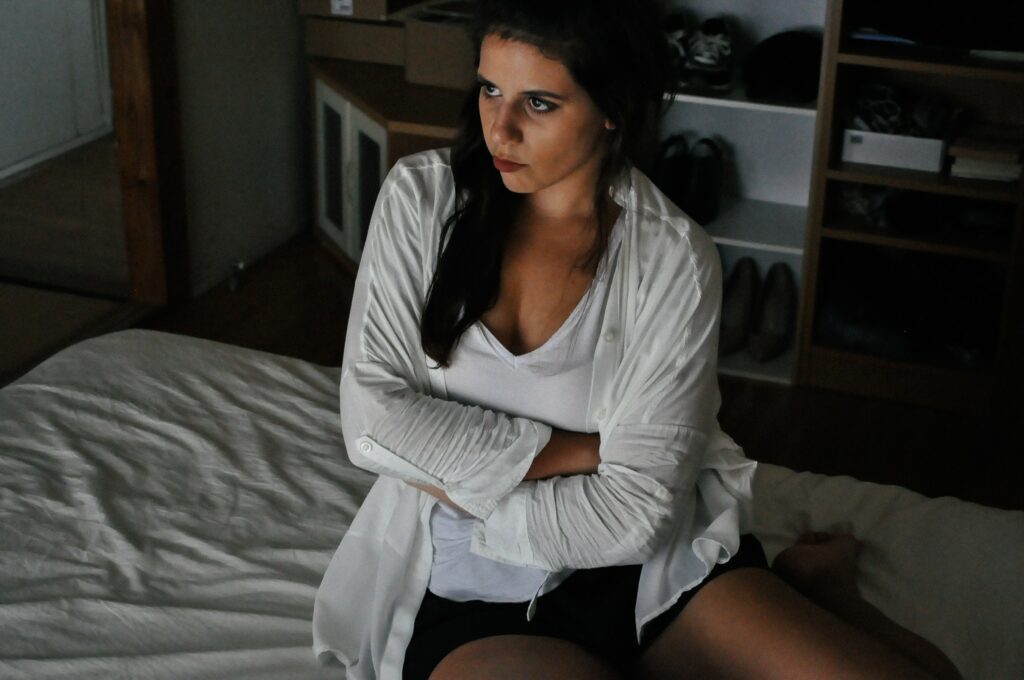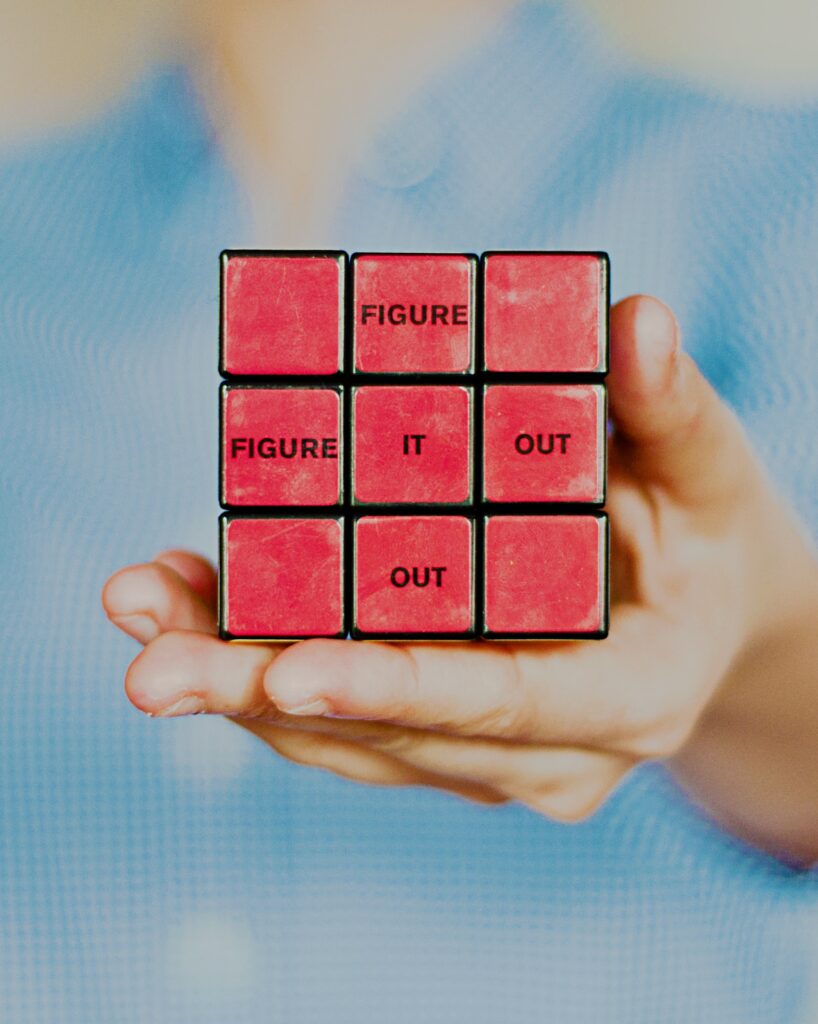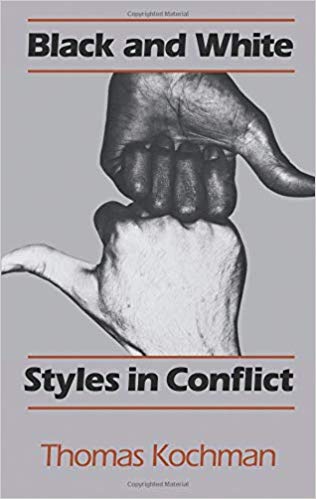All throughout my adult life I’ve heard about “White Guilt”. It’s a phrase like tiny blades slung at others, sometimes used as a tired, half-hearted attempt at self-defense while in other situations, the phrase is sharpened to kill. As much as I understand why “White Guilt” is a phrase, I find myself unable to use it outside educational discussions and even then always felt, like it was… not comprehensive for what I wanted to say. “White Guilt” doesn’t cover why it happens, or even how it feels, but only covers what it looks like. If there is one thing I’ve learned in this work it’s that sometimes, the water runs deep and only by wading in deep into the mess will we get closer to source for it all.
A White School
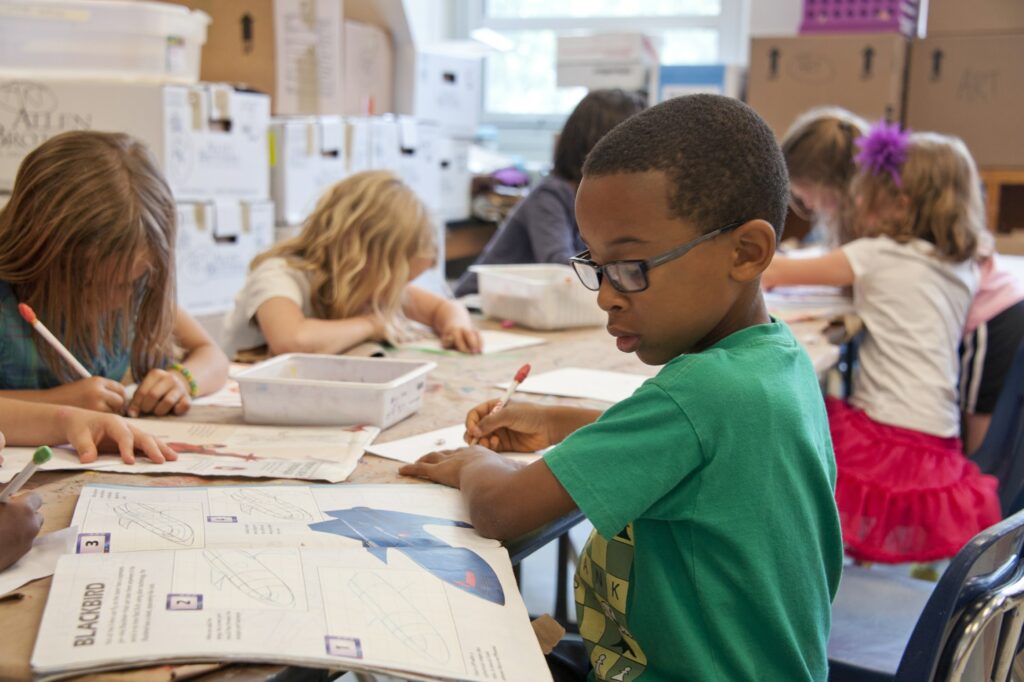
When I was changing schools in the second grade, my brother and I were sent to a “white school”. The Black folks we knew teased us endlessly. Their kids joked that we were thought we were too good for Black schools, or that we’d talk white, or that there was something wrong with us for going to a different school. The parents questioned if we would be safe or what we’d learn, as they were scared we’d forget our culture. I was too young to really understand but I gotta admit, that first day, I was nervous.
While I started scared of these people who I didn’t think were that different from us (they had weird hair, sure), I still thought that the people in this “white school” were basically the same as us. Having spent the majority of my life in Black spaces until that point, I learned something important by my attendance there. We were the same, yet we were different. We were the same as humans, the same in our lives and struggles but different in the ways we handled life, and different by the values we lived by.
As a kid, I accepted that they were weird, but if I had to live in the white world I needed to learn the rules. So, I did, and from then on felt like I had a foot in both worlds. I didn’t mind too much the weird things my new classmates said to me or questioned, since they seemed just as curious about me as I was them. A few moments withstanding, it was only until 5th grade that I really remember running into “White Guilt”.
The Field Trip
There was a field trip. This field trip was one that every 5th grade class went on, and no one was supposed to speak of what it was, as that would “ruin” it. I knew it was special already as an overnight trip and as it required a special slip to be signed, but all I really understood was it was a trip and there would be an educational bit. Mostly though, missing school and going swimming was my focus. We were told we could go, miss school or stay behind, and though it’d add to our absences, NO ONE wanted to stay behind.
I left the slip for my mother, assuming she’d sign it. She refused, and also said I also couldn’t stay at home. She was clearly upset, but my friends and I were just sad I couldn’t go. I watched as my friends piled into the buses of a warm Ohio afternoon and drove away. The school added me to the special ed. class. The teacher was kind and seemed upset at the trip and the amount of work my usual teachers had left for me. She gave me candy. I had a very dull two days. I eagerly awaited my friends to come back and tell me about their trip.
This… was the end of an age of innocence. I just didn’t know that yet.
Why I chose not to “see color”
When my friends came back, they were different. They weren’t supposed to talk about the trip, but I was excited and wanted to hear all about it. What did they do? Did they eat s’mores? What was the pool like? As I looked at them, I felt this chasm yawning between us. They looked tired, and their eyes glazed over. Everyone talked in odd whispers and seemed really… uncomfortable. The teachers mentioned they might be “tired” for a few days but would return to normal.
I began to feel a bit frightened of what had happened. No one looked hurt. I pressed some friends on what happened and I got a bunch of awkward “I’m sorry”s and teary eyes about how their families treated African Americans (a term I don’t really remember them using so much with me), alongside of cryptic stories of the fear and discomfort of whole the trip. I was confused how a camping trip at stay away camp, at something called the “Underground Railroad Experience” caused this.
In the coming days we talked about the real Underground Railroad, and in my memory at least, I saw the glances at me and the other Black students (maybe 5 of us or less) and their sad eyes, as we all heard about how closest city to us was the last “stop” on the Underground Railroad. We, the Black kids, all sat through lessons on what the experience was like and the roles that people like us took on at the time. The lesson and our classmates’ eyes were loaded with the weight of 400+ years of slavery. They seemed to look at me for the first time not as an equal but with pity. It was… awkward to say the least.
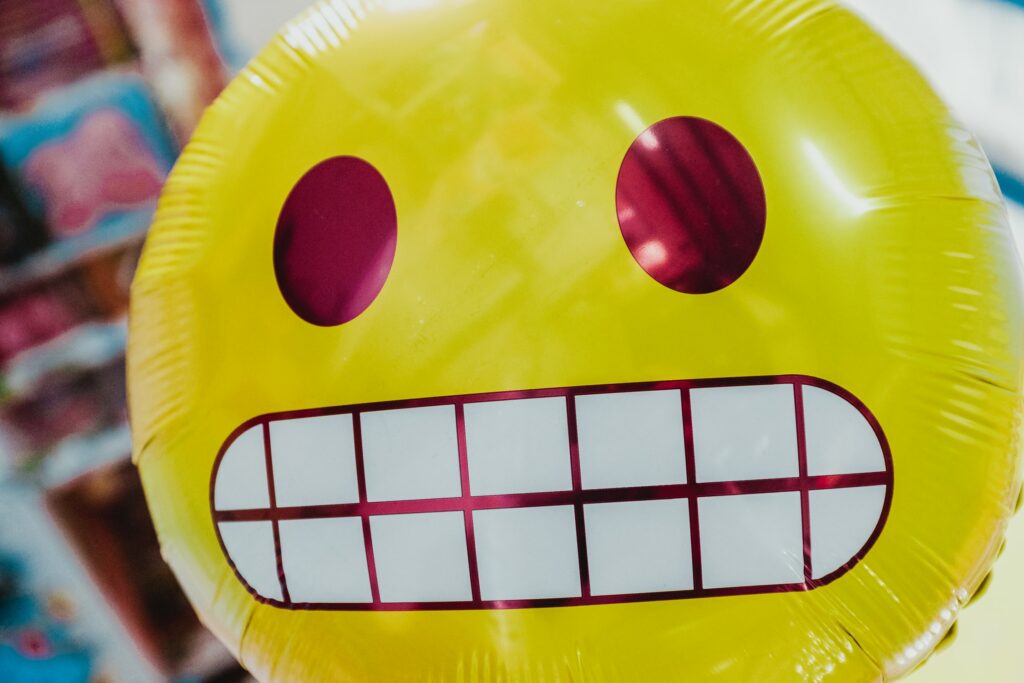
More importantly, this whole ordeal made us look at each other differently. I really didn’t think my friends were bad people. So I unintentionally, unconsciously (and incorrectly), decided that the only way to absolve them of being bad was to reject the idea that skin tone mattered. There were bad people who did bad things and then, there was everyone else. The truth must go beyond color. It must.
My side of the situation
I really feel for white people, I do. I spent much of my childhood and early adulthood confused and struggling to bring together the ideas of racism and the people I love. Over the years, it’s become something I think on with regularity. Perhaps I’m just too naive or my compassion runs too deep because I know many minorities don’t understand/dislike my softness on the issue. But, I can’t help but look at white guilt and see something deeper.
Shame.
Shame is the idea that we are bad, and that that badness means we are unworthy. America in particular, is plagued by shame, and I find it’s often at one of its highest levels when talking about race. Recently while I was helping watch a 2-ish year old white child, I casually said something about race to her father. A joke about some difference. She misheard and thought I called her father Black, and corrected me. “Daddy isn’t Black, Daddy is white”, she said. He was surprised. I told him that he’s got to start talking to her about race.
A few days later, they are going over colors. He is pointing at clothing and asking what color things were. He points at me. For a moment, she hesitates. In that hesitation I was flooded with memories of every time I’ve seen that hesitation in white people. The moment that breaks the illusion that there isn’t a long history and dynamic between us. One we are taught to pretend isn’t there. At that moment I can see the shame for what it is. She turns a little red and awkward and says “I don’t know”. I look at her father, his brow furrowed at the change.
“You know what color that is!” And encourages her to say it.
-a small pause – Then, “Black!”. She squirms while smiling, but echoing her father, her brow is furrowed as she says it. Not looking at me, she runs from us and the discomfort she may not even fully understand yet. She ran the same way I’ve seen grown adults, physically and emotionally run from having to talk about it. It’s the race shame.
“Really, you gotta talk to her about it.”
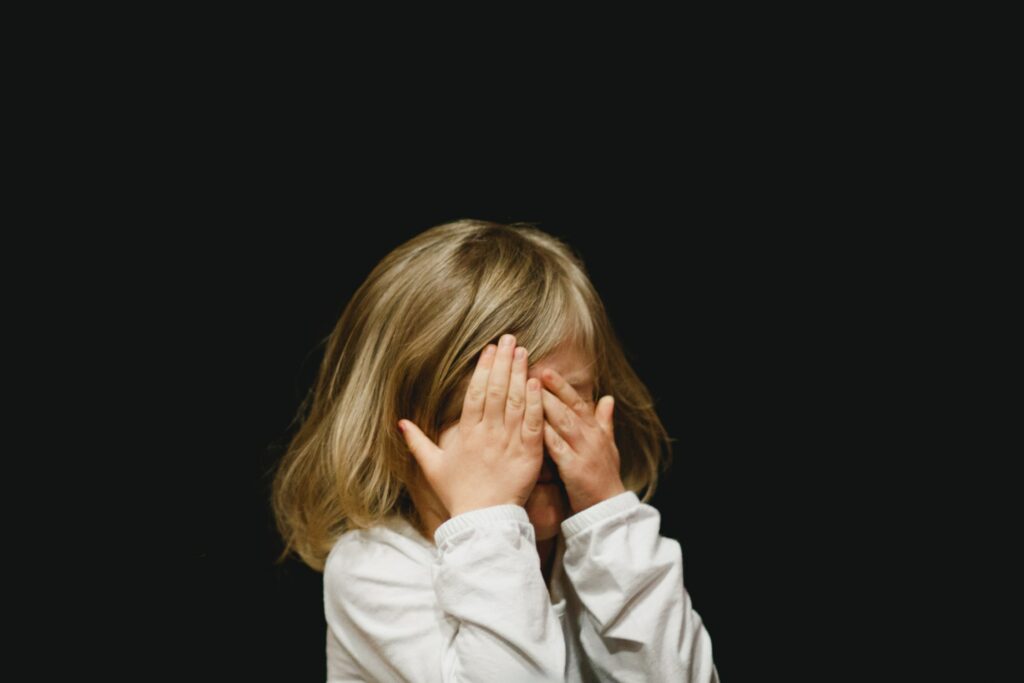
Why Shame?
Guilt “I’m sorry I made a mistake” Shame I’m sorry, I am a mistake” — Brené Brown
Guilt and shame are often confused as ideas. But as I mentioned earlier, the main difference is the internal state of it. Was something done that was wrong? Or is someone bad for having done it? Guilt often causes one to act, to quickly change their behavior to stop the dissonance of going against their morals. Shame is more social, and is about the people. Shame is about breaking the unwritten code that govern our lives which can include morals, but may also be values, expectations, and sometimes self-image. It’s the idea that by not living up to these codes that there is something wrong about you. Damaged and unworthy.
I do see a lot of guilt too, but it’s in the privacy on my inbox, intoxicated over dinner, or sitting outside a classroom in the hall, is when the real conversation starts.
Different folks have different angles to it:
Some try to confess and learn to BE good
- What’s the fastest way to stop the shame?
- Can you tell me I’m good?
- How much self flagellation to I need to do to atone?
- How do I atone?
- Can I love myself and my family (and/or country) knowing what was done?
- Am I bad?
- Tell me how to be less horrible?
Others try to shift the blame
- Well, Actually…
- Black on Black Crime…
- Comparison to other minorities…
- It’s really -picks a different -ism-
- They aren’t BAD but…
Most, like me as a kid, desperately try to pretend it’s not there. It’s rationalized away as something of the past, as “something evil people do (or did), not me and my loved ones”. Or it comes with the rationalization that the only way to be racist is to be bad, and so nothing related to race, just about goodness and badness.
As hard as it can be to accept that humans are not just one thing, it’s a harsh truth we have to learn about individuals as well. We can be good in areas of our lives while… not great in others. So can everyone that we love and admire, alongside of those we dislike. This is a part of the human condition, but so is our adaptability. To really understand this white shame, we need to admit that in reality, there are things that can be done, that things can change, and being complicit is a choice, not an intrinsically, unchangeable bad thing inside of you.
The Problem With White Shame
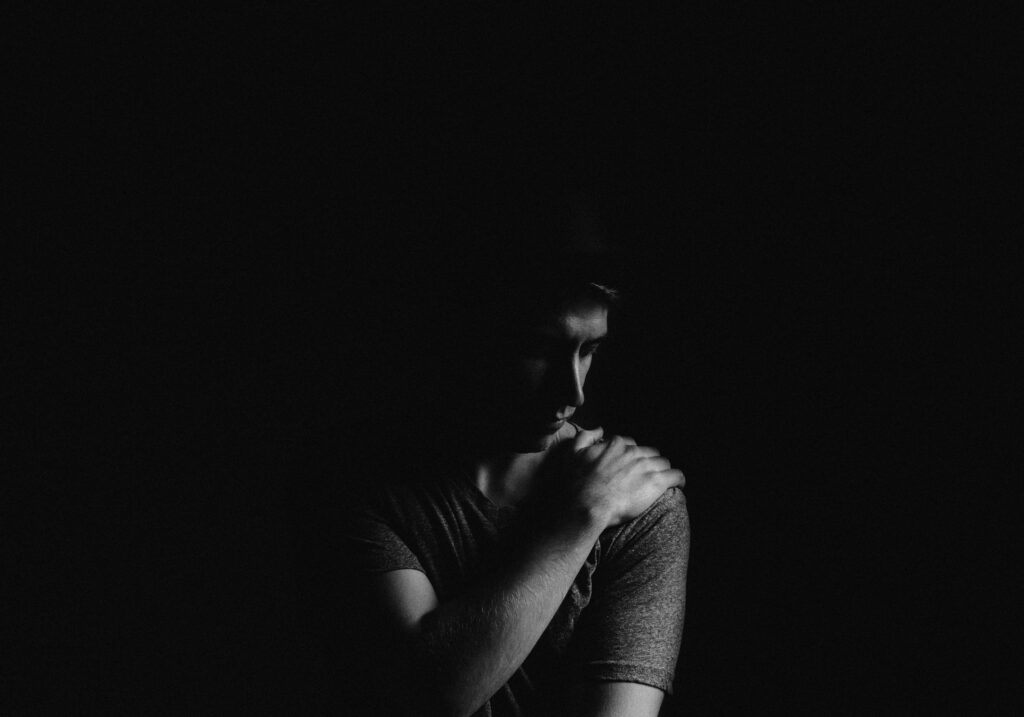
The big problem with white shame is that is stops people from feeling accountable. It freezes people in the feeling that they are bad and most try to avoid this feeling. Ironically, it is this action that prolongs the suffering for all of us. By believing there is simply something wrong about you as a member of a group, it abdicates you from your personal, individual responsibility to do better. It allows you to not have to work at it, to see how your actions hurt others, to accept that — you too — have hurt people and aren’t as innocent as you wish to believe.
“White Guilt” and white shame is about avoidance. It’s about avoiding the consideration that perhaps your loved ones have done bad things, that the children in your life are also being taught it’s okay to do the same, so long as they also eventually internalize that they are bad. Then, they simply have to ignore it just like how we, the educators and adults, do.
More often than not, indulging in white shame increases the amount of work that the Black people in your life have to deal with. The cost of that willful ignorance goes somewhere. It goes to us. We bear the weight of your shame and discomfort so that you can pretend that there is nothing wrong. By not talking to kids about race, they internalize that shame and lash out at Black children for “making them feel bad”.
These kids grow into adults who desperately want to believe in being colorblind and that it is the fault of the individual from the unchangeable, untouchable past for failing Black people. You, you act like it would be different in your life if you lived it, and that the current reality of Black lives has nothing to do with the stealing of power. Stolen power, we all know is there, but there is nothing you can do about it, right? At the very least, if you can acknowledge it just means that you know you are bad, and now that you’ve admitted it, you don’t have to do anything about it. What you do end up doing, in your guilt is your gift, your kindness. None of it involves giving back what wasn’t yours to begin with.
It is not a favor, or charity, but a responsibility.
White Shame is your personal responsibility
There is a ton of talk and literature around systems that oppress people. Those larger systems are important to discuss and fix, but so is our personal responsibility. We all play roles in these systems and until we can examine them for what they are and take them apart… we must also see how our personal lives are mini-versions of those systems. Even if we are to change the laws, it is human beings that set up what actually happens. Every time shame allows someone to avoid coming to terms with the ways they harm people, it allows these systems to continue and hurt people.
The good news is that it doesn’t have to be this way.
You don’t want to feel shame and I don’t want you to either. So, what would it be like to drop the shame? The past is done. The systems are set. And if you want it or not, you will benefit from that history. No amount of pretending will change that. The question is what will you do now? Keep feeling bad about yourself or fix poor actions (or inaction) that you’ve taken? There is nothing shameful inherently about being white. It is a culture, specifically white American culture, that has a very problematic history alongside of some good qualities.
Both, simultaneously, co-exist in American culture just like any other thing that is neither one or the other. No one is calling for the removal of the goodness, America’s worth and its humanity, but simultaneously with the good, you must feel accountable for what your ancestors did and instead of being frozen by that weight that helps none of us. That weight only leaves us repeating the same roles, the same cycles, the same struggles over and over again. It is within your power to help break this freeze-cycle.
Okay, but how?
The same way you learn and do anything else, with one step at a time. The continuous choice made towards being better, towards learning new ways of being, towards validating worth in other ways.
Be curious about your shame. Where is it coming from? Why do you have it? Is it serving you or others? Share the feeling of shame. Shame only succeeds in apathy and indolence in isolation, and it is good at making us believe that we are alone and unchangeable, and that sharing those feelings will only lead to rejection and loneliness. Sharing this shame with others may lead to some losses of relationships, but there is a bigger chance that it won’t, that others will also feel the same way and feel relief to know that they aren’t alone with these feelings and worries. Then you all can support each other out of the cesspool of shame guilt and then, rise by being accountable to each other to do better.
Be okay with losing some people. There may be Black people who are unable to walk with you on your journey and that doesn’t make it less important. What is important to accept is that you won’t be treated well by all white people. By choosing to hold yourself accountable for the everyday racism in your life, it also calls others out. Plus in time you may be unable to excuse racism in your loved ones and it will create conflict. The strains on those relationships are a natural by-product of going against society.
So, the choice becomes, love – with stipulations, riddled with questions of integrity. Do you allow yourself to do what’s easy but what you know to be wrong (the reason for why the shame and guilt are there) or do you do what is hard, aligns with yourself and who you want to be, with what raises yourself and your loved ones into becoming better people? It’s not a choice I’ve had to make personally, so I can’t go there with you, but I hope you decide your discomfort is worth my life.
The Series
I’ve decided this is a going to be an ongoing web of meta-reflection on the individuals’ part in racism (or any -isms for that matter) and how to break those patterns and forge your world and values. Next up: ‘What really is privilege, and what could be a better way of talking about it?’
If you want an easy place to start with understanding shame, here is a good place to start.
